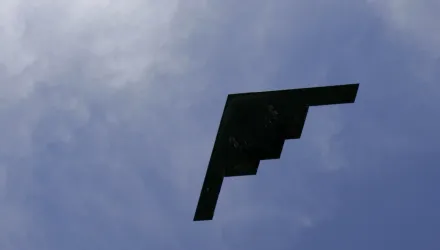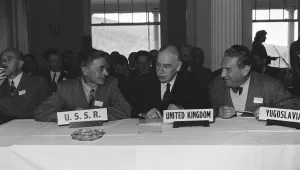International Security is America's leading peer-reviewed journal of security affairs.
When and why do great powers seek to transform foreign institutions and societies through military interventions? What role does executive leadership play in influencing the choice of intervention strategy, especially the degree to which an intervention interferes in the domestic institutions of the target state? A typology of political leaders based on whether they believe that the internal characteristics of other states are the ultimate source of threats indicates that these threat perceptions shape the cost-benefit calculation leaders make when they confront intervention decisions; they also have important consequences for how states intervene. A comparison of the beliefs of President John F. Kennedy and President Lyndon B. Johnson, as well as their decisionmaking during the Vietnam War, illustrates how the theory operates.
Saunders, Elizabeth N.. “Transformative Choices: Leaders and the Origins of Intervention Strategy.” Fall 2009
The full text of this publication is available in the link below.



